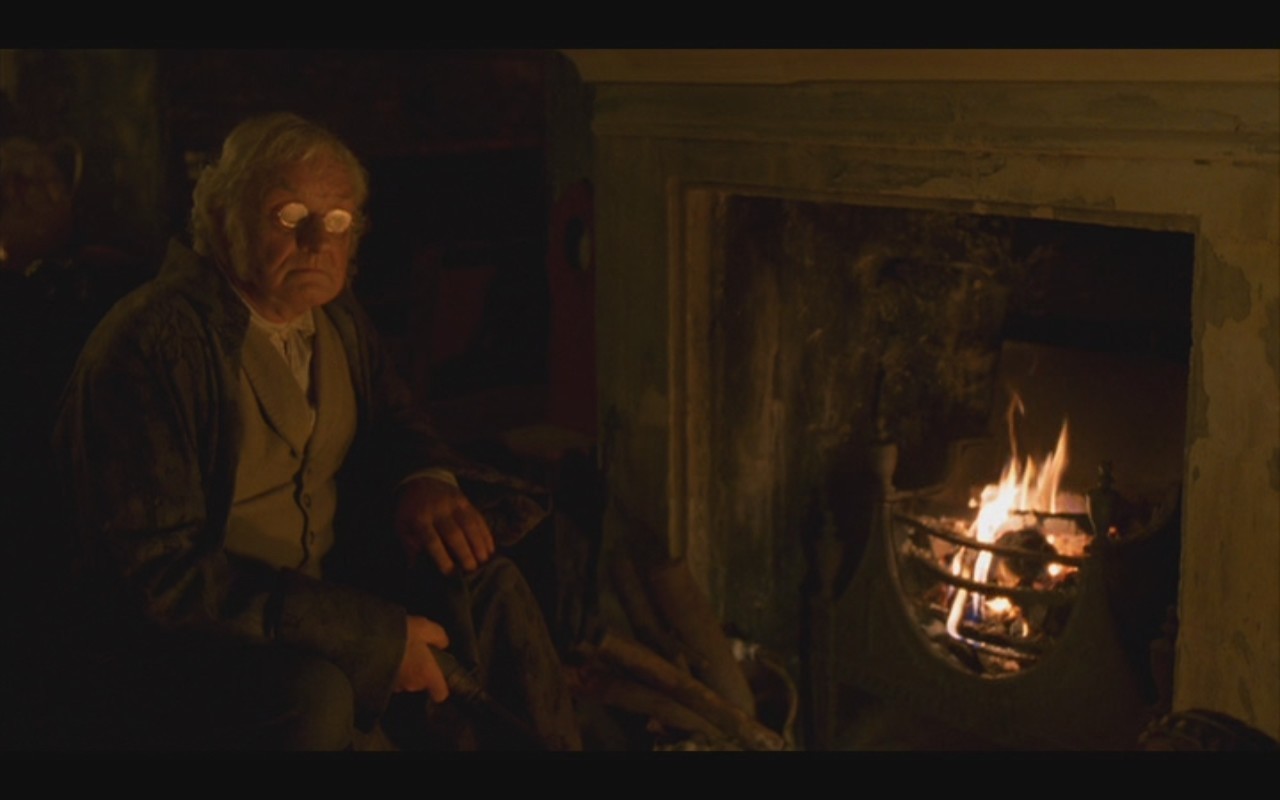Is The Count Of Monte Cristo Still Relevant Today? A Review

Table of Contents
Themes of Revenge and Justice in a Modern Context
The timeless struggle between revenge and justice forms the very heart of The Count of Monte Cristo. Edmond Dantes's quest for retribution, fueled by the injustice he suffered, resonates deeply with contemporary audiences grappling with similar moral dilemmas. We see echoes of his journey in countless modern narratives, prompting us to question the ethics of revenge and the pursuit of justice.
- Examples of revenge narratives in modern media: From the morally ambiguous anti-hero of Dexter to the meticulously planned revenge in The Revenant, popular culture is rife with explorations of revenge. These stories, much like The Count of Monte Cristo, force us to consider the cost of vengeance and whether it truly brings peace.
- Ethical complexities of revenge and the pursuit of justice: Dumas masterfully presents the ethical complexities of seeking justice through revenge. Edmond's actions, while initially understandable given his suffering, often blur the lines between justice and cruelty. This ambiguity makes his story a compelling exploration of the human capacity for both good and evil.
- Restorative justice vs. retributive justice: The novel subtly touches on the contrasting approaches of restorative and retributive justice. While Edmond initially embraces retributive justice, seeking to punish his betrayers, the novel ultimately prompts reflection on whether restorative justice—focusing on rehabilitation and reconciliation—might have been a more effective path.
- Comparing and contrasting Edmond Dantes' actions with modern interpretations of vengeance: Comparing Edmond's actions to modern examples of revenge, we can see both parallels and stark differences. While his meticulous planning might seem extreme, the underlying desire for justice is a sentiment many can relate to.
Betrayal and the Fragility of Trust in the 21st Century
Trust, or rather the shattering of trust, is a powerful current running through The Count of Monte Cristo. Edmond's betrayal by those he considered friends highlights the fragility of trust, a theme that unfortunately remains acutely relevant in our modern, often cynical, world.
- Examples of betrayal from current events or popular culture: From political scandals to corporate malfeasance and personal betrayals amplified by social media, instances of broken trust are pervasive in our daily lives.
- The psychological impact of betrayal on individuals and communities: The psychological toll of betrayal can be devastating, often leading to feelings of anger, hurt, and disillusionment. The Count of Monte Cristo poignantly depicts this impact on Edmond and the ripple effects on those around him.
- How the novel's depiction of betrayal serves as a cautionary tale: The novel serves as a powerful cautionary tale about the importance of choosing one's friends wisely and the devastating consequences of misplaced trust.
- The role of social media in amplifying or mitigating betrayal: Social media, while offering connection, can also amplify betrayals and spread misinformation, further highlighting the precariousness of trust in the digital age.
Redemption and Second Chances: A Modern Perspective
Edmond Dantes's journey is not solely about revenge; it's also a powerful story of redemption. His transformation from a wronged innocent to a powerful figure capable of both vengeance and mercy reflects our modern society's increasing emphasis on second chances and rehabilitation.
- Examples of redemption arcs in popular culture: Many contemporary stories, such as Breaking Bad or Scandal, feature characters undergoing redemption arcs, demonstrating the enduring appeal of this narrative trope.
- Societal attitudes towards rehabilitation and forgiveness: Our society's attitudes toward rehabilitation and forgiveness are complex and often contradictory. The Count of Monte Cristo invites us to consider the challenges and possibilities inherent in these processes.
- The impact of societal structures and systemic inequalities on the ability to achieve redemption: The novel implicitly highlights how societal structures and inequalities can hinder or facilitate an individual's journey towards redemption. Edmond's access to wealth and power undoubtedly shapes his ability to enact his revenge and, arguably, to achieve a form of redemption.
- Considering whether Dantes' actions ultimately justify his methods: This is the central question posed by The Count of Monte Cristo. While we empathize with Edmond's suffering, the brutal nature of his revenge raises profound moral questions that remain relevant today.
The Count of Monte Cristo's Enduring Literary Merit
Beyond its thematic relevance, The Count of Monte Cristo stands as a testament to Dumas's masterful storytelling. His compelling characters, intricate plot, and vividly described settings continue to enthrall readers centuries later.
- Analysis of the novel's literary techniques: Dumas employs a range of literary techniques, including suspense, foreshadowing, and detailed descriptions, to create a truly immersive reading experience.
- The novel's influence on subsequent literature and popular culture: The novel's influence can be seen in countless subsequent works of literature and popular culture, solidifying its place as a cornerstone of storytelling.
- The continued popularity of adaptations and reinterpretations: From film and television adaptations to modern retellings, The Count of Monte Cristo continues to be reimagined, reflecting its enduring appeal and adaptability.
- The novel's exploration of social class and political power: The novel explores the dynamics of social class and political power, themes that remain relevant in today's world.
Conclusion: Is The Count of Monte Cristo Still Relevant? A Final Verdict
The Count of Monte Cristo, despite its 19th-century setting, grapples with timeless themes of revenge, justice, betrayal, and redemption. These themes, explored with nuance and complexity, continue to resonate with modern audiences. The novel's enduring literary merit, coupled with its exploration of universally relevant human experiences, secures its place as a classic. Experience the enduring power of The Count of Monte Cristo—rediscover its timeless themes and explore the continued relevance of The Count of Monte Cristo today. Read or reread this masterpiece and consider its profound message for our times.

Featured Posts
-
 The Truth About Lizzos Fitness A Trainers Perspective
May 05, 2025
The Truth About Lizzos Fitness A Trainers Perspective
May 05, 2025 -
 Kentucky Derby 2025 Online Streaming Pricing Availability And Best Options
May 05, 2025
Kentucky Derby 2025 Online Streaming Pricing Availability And Best Options
May 05, 2025 -
 Charissa Thompson Addresses Speculation Regarding Her Departure From Fox
May 05, 2025
Charissa Thompson Addresses Speculation Regarding Her Departure From Fox
May 05, 2025 -
 The Impact Of Potent Cocaine And Narco Submarines On The Global Drug Trade
May 05, 2025
The Impact Of Potent Cocaine And Narco Submarines On The Global Drug Trade
May 05, 2025 -
 Rethinking The Middle Manager A Vital Link In The Organizational Chain
May 05, 2025
Rethinking The Middle Manager A Vital Link In The Organizational Chain
May 05, 2025
Latest Posts
-
 Manque De Transparence Dans Les Decisions De Defense Du Gouvernement Francais
May 05, 2025
Manque De Transparence Dans Les Decisions De Defense Du Gouvernement Francais
May 05, 2025 -
 Defense Le Gouvernement Francais Prend Des Decisions Sans Consulter Le Public
May 05, 2025
Defense Le Gouvernement Francais Prend Des Decisions Sans Consulter Le Public
May 05, 2025 -
 Le Premier Ministre Francais Decide Seul Des Questions De Defense
May 05, 2025
Le Premier Ministre Francais Decide Seul Des Questions De Defense
May 05, 2025 -
 Absence De Consultation Publique Sur Les Decisions Cles De Defense En France
May 05, 2025
Absence De Consultation Publique Sur Les Decisions Cles De Defense En France
May 05, 2025 -
 La Francia A Destra L Analisi Del Governo Bayrou E La Minaccia Le Pen
May 05, 2025
La Francia A Destra L Analisi Del Governo Bayrou E La Minaccia Le Pen
May 05, 2025
